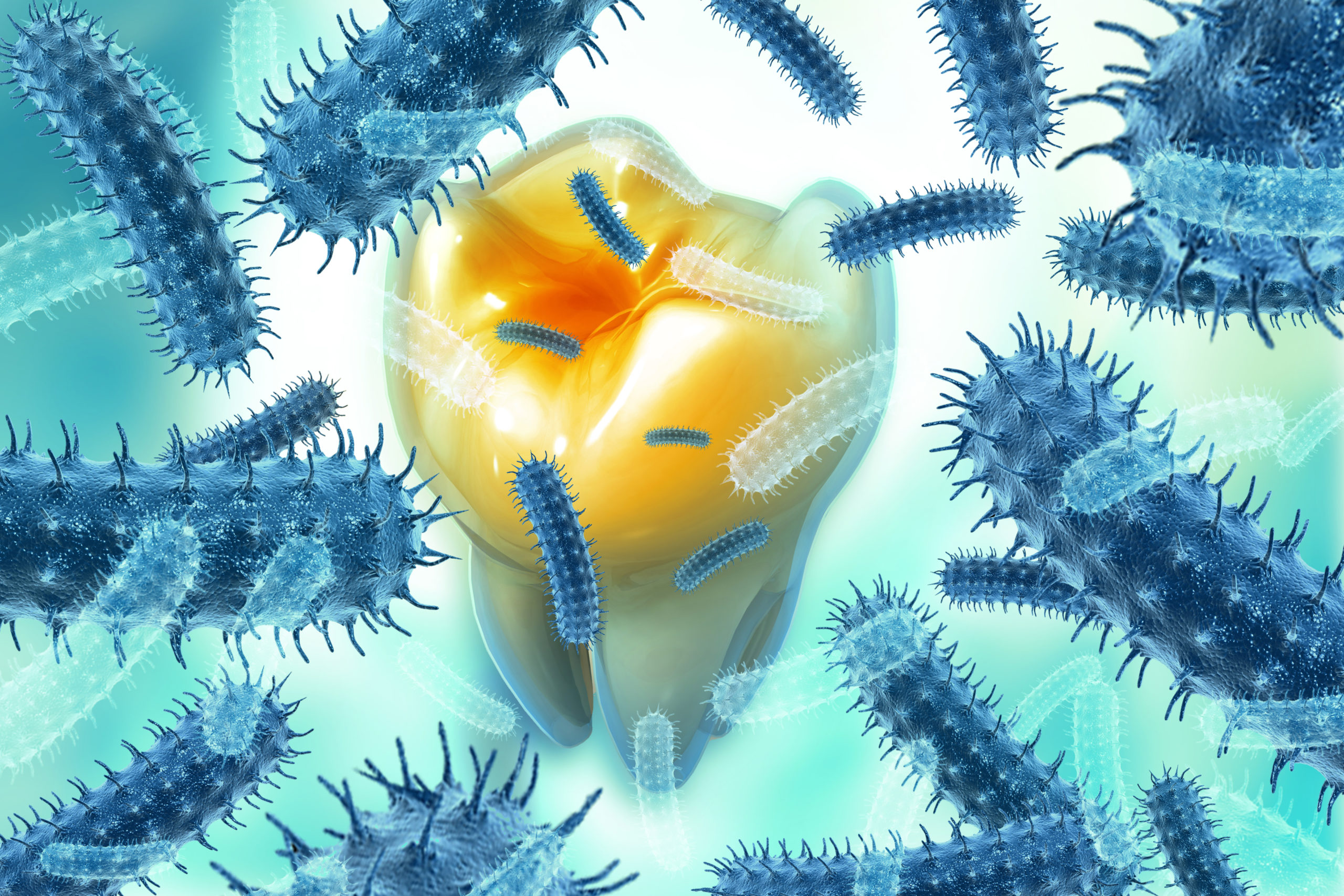
Cooking your way to premature ageing
January 5th, 2024What you put in your mouth influences the production of your advanced glycation ends (AGEs). 10-30% of ingested products absorbed into the body participate in the ageing process.
There is endless information about what food we should eat and when we should eat it to slow down the ageing process. However, recent scientific studies have also revealed that you could be cooking your way to premature ageing, increasing the risk of wrinkles and disease.
The progressive accumulation of AGEs is a hallmark of the ageing process
Glycation is a complex biological process in humans, animals and other organisms. AGEs are compounds and byproducts from the reaction of fat, sugar and proteins, medically known as the Maillard reaction. The body has a mechanism to control AGEs, but sometimes the body can’t keep up. The progressive accumulation of AGEs is a hallmark of the ageing process.
For as long as we live, we fight the challenges of ageing as negative forces surge through our bodies. AGEs, free radicals and oxidative stress bulldozer through our body’s defence systems. The damaging forces pick up momentum each time we expose ourselves to different factors such as smoking, UVAs, pollution, excessive alcohol, and a bad diet. Combining those factors with a lack of exercise and high-stress levels can dangerously boost your AGE levels.
When AGEs take over the body
AGEs are sticky. They clog up blood vessels in essential organs such as the brain, heart, kidneys and eyes. They can build to excessive numbers leading to cardiovascular disease, renal disorder, neurological conditions, macular degeneration and other chronic diseases that plague society. Studies have linked a high level of AGE to ovarian dysfunction, especially in women with polycystic ovary syndrome (PCOS). High levels of AGEs have been found in men with erectile dysfunction.
Inflammation, cell degeneration, shortened telomeres and an excess of AGEs can also result in dermal and epidermal atrophy, reducing skin thickness, losing skin elasticity and increasing skin dryness and wrinkles. Medical experts are calling for AGE scanning to be a standard procedure in health checks. Measuring AGE levels would allow early identification of potential diseases.
Get a more in-depth scientific understanding of Advanced Glycation End Products and Risks for Chronic Diseases here.
Take simple steps in your kitchen to reduce AGE production
A lot of cooking methods are responsible for the loss of nutritional value in foods. High temperatures destroy nutrients and encourage the production of AGEs. Modern diets are largely heat-processed, and, combining that with meat-derived produce, junk food and full-fat dairy foods results in a high level of glycation. When it comes to food, you can minimise the amount of AGEs in the body by four simple steps.
- Cooking methods
The key to reducing the production of AGEs from eating food is to know what is best to eat and to master the temperature of your cooking methods. You need to adopt beneficial ways of cooking to preserve age. Formation of the damaging glycation compounds is reduced by cooking with moist heat, using shorter cooking times or lower heat. Steaming, microwaving, wok frying (for a short period) or air frying are the healthiest ways to cook food. Those cooking methods and eating raw foods are the best ways to reduce the production of AGEs via ingestion. Avoid reheating, overcooking, broiling, grilling, frying, roasting, using pressure cooking methods or, cooking on a BBQ. All of which involve the use of high temperatures and a longer duration of cooking time.
- Reduce the consumption of foods that are high in AGEs
Avoid excessive consumption of full-fat dairy products – cheese, cream, cream cheese and butter. Meats such as beef, lamb, pork, chicken or turkey (with the skin on) have a high level of AGEs. Foods that are high in processed sugar should be limited or avoided altogether. Extra virgin olive oil, soya oil or coconut oil should be used for cooking instead of AGE-rich options such as sunflower oil, goose fat or lard.
- Eat foods low in AGEs
Incorporate more fruits, vegetables, legumes, grains and seeds into your diet. Eat a lot of fish and plant-based foods. Green tea and berries help to control AGE production in the brain. Pomegranate is shown to have good anti-glycation effects too. If you enjoy eating different meats, using acidic marinades helps reduce levels of AGEs.
- Use more spices in your cooking
Spices have anti-glycation and anti-microbial properties. They are a potent source of antioxidants, combat inflammation and are a natural preservative. Allspice is an active scavenger of free radicals, star anise is the most potent antiglycation spice, followed by cinnamon, and cloves are potent antioxidants. Oregano significantly inhibits the formation of AGE – so now might be a good time to invest in a good spice rack!
Incorporating a vitamin C supplement has been proven to reduce protein glycation. We recommend our product LiposomePro™ Capsules – Vitamin C.
To help slow down the ageing process and potentially reduce your biological age, rethink what you eat and how you cook your food.
References
- https://deannaminich.com/how-to-eat-an-anti-inflammatory-diet-by-reducing-advanced-glycation-endproducts-ages/
- https://www.ncbi.nlm.nih.gov/pmc/articles/PMC10563761/
- https://www.sciencedirect.com/science/article/pii/S1046202321000591#:~:text=The%20AGE%20Reader%20
- https://deannaminich.com/using-spices-to-reduce-glycation/
- https://pubmed.ncbi.nlm.nih.gov/36678276/






